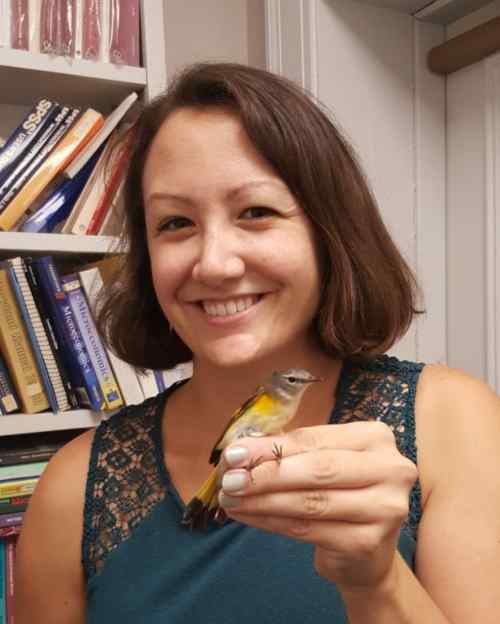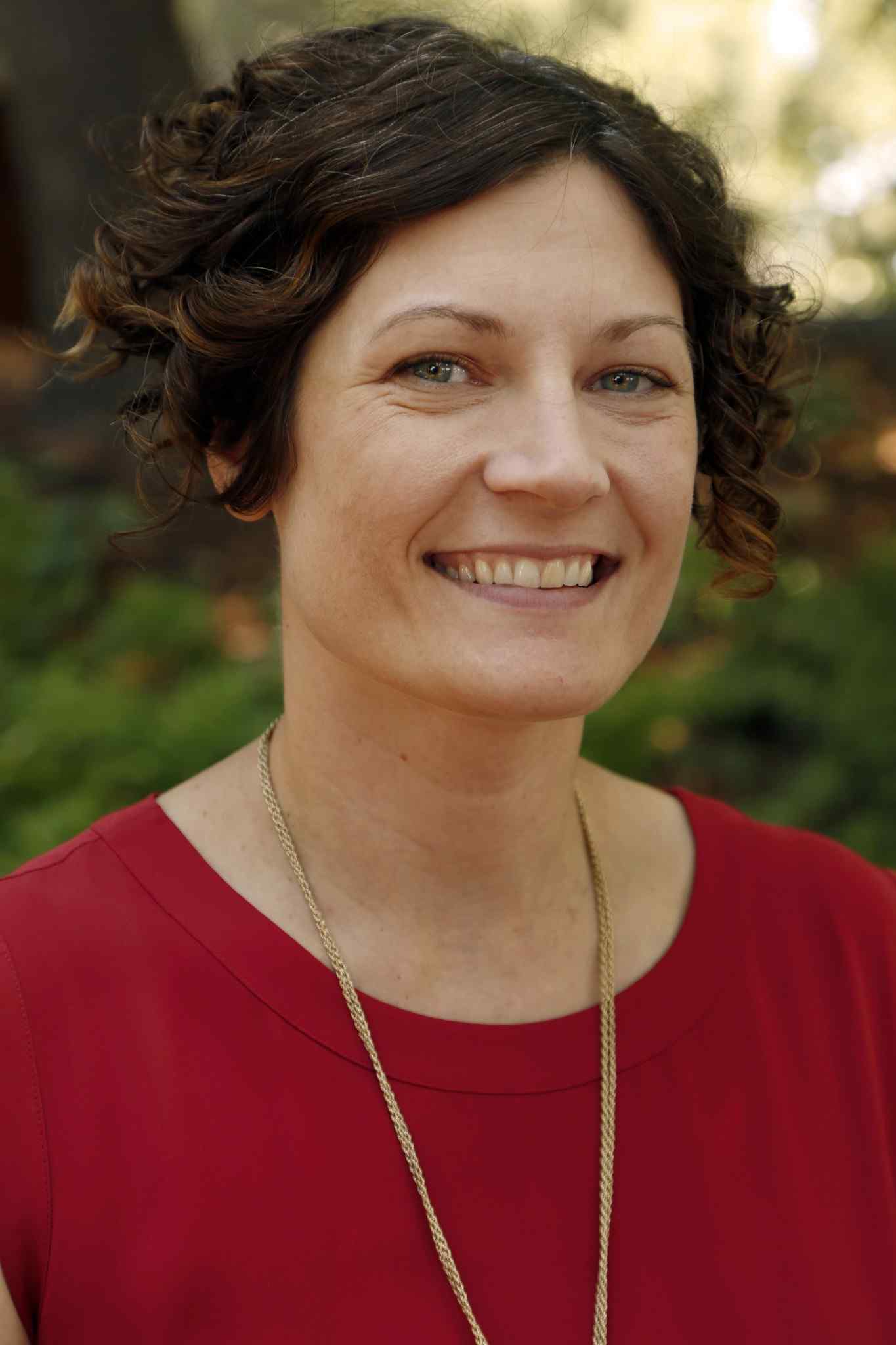
Associate Professor of Biology, Chair Department of Biology
Associate Professor of Biology, Chair Department of Biology
Area of Expertise: Aquatic Ecotoxicology
Research: Students in my lab examine the effects of environmental toxicants and pharmaceuticals on fish development, function of the visual system and exploratory behavior using larval or adult zebrafish. Recent research projects have examined the effects of nicotine, alcohol, fluoxetine (active ingredient in Prozac) and some common agricultural pesticides. In addition we have examined the effects of aflatoxin, a fungal toxin that can affect crops, on visual development and behaviors.
Teaching: General Biology II with lab (BIO 112/113), Ecology (BIO 206), Summer travel courses: Community Ecology of Coastal Maine (BIO 210, at Acadia National Park), & The Bermuda Environment (BIO/ENV 221, at the Bermuda Institute of Ocean Science), Marine and Estuarine Biology (BIO 309), Fish Behavior and Physiology (BIO 336), Estuarine Science (CRS 240, Chesapeake Semester)






